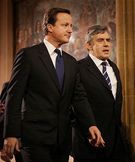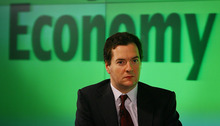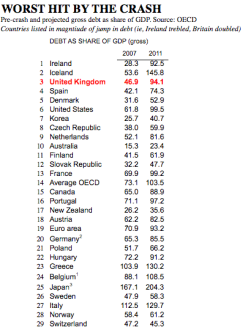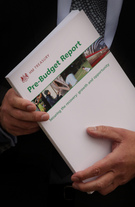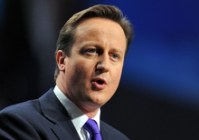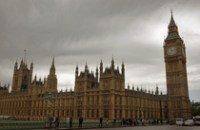Should an opposition sell itself as a responsible government?
One of the Tories’ favoured lines recently has been that they are acting like a responsible government while Labour is behaving like an irresponsible opposition. But I wonder if this attitude is entirely healthy for an opposition, or whether it ends up blunting its campaigning edge. For example, the Tories’ refusal to say for definite that they will repeal Labour’s planned increase in national insurance stems from their view that they aren’t certain where they would find the £8 billion from. But given the number of black holes and blanks in the PBR and that the deficit is over £170 billion this seems slightly absurd. Labour’s plan to make a
